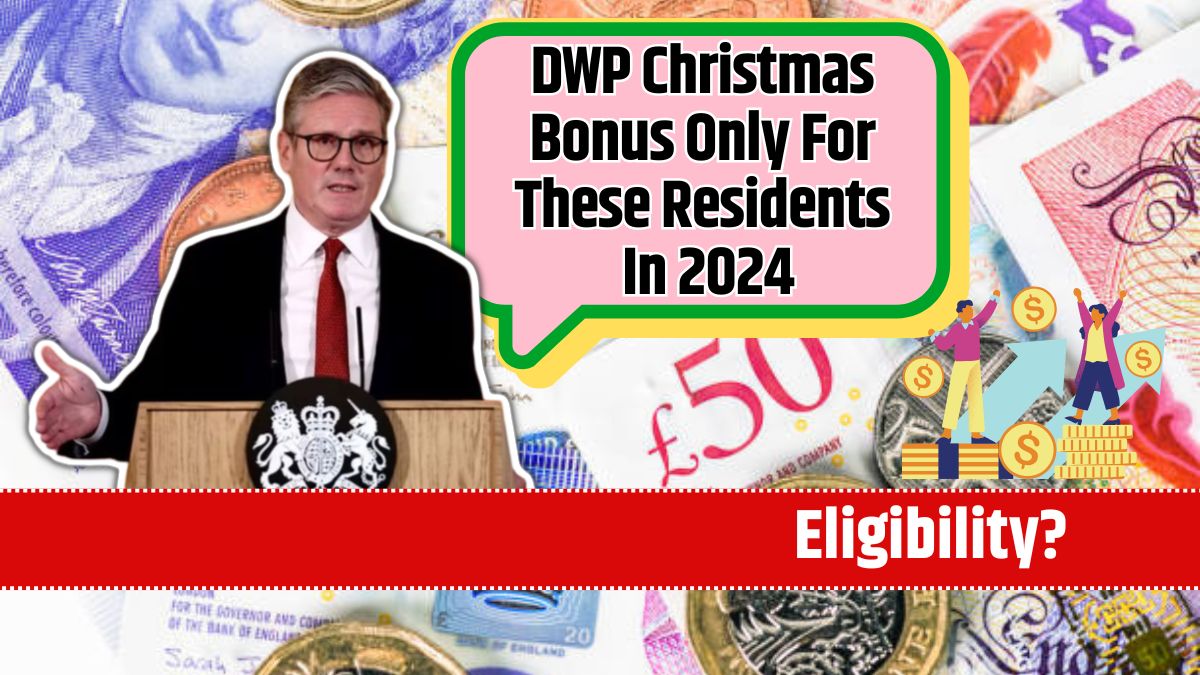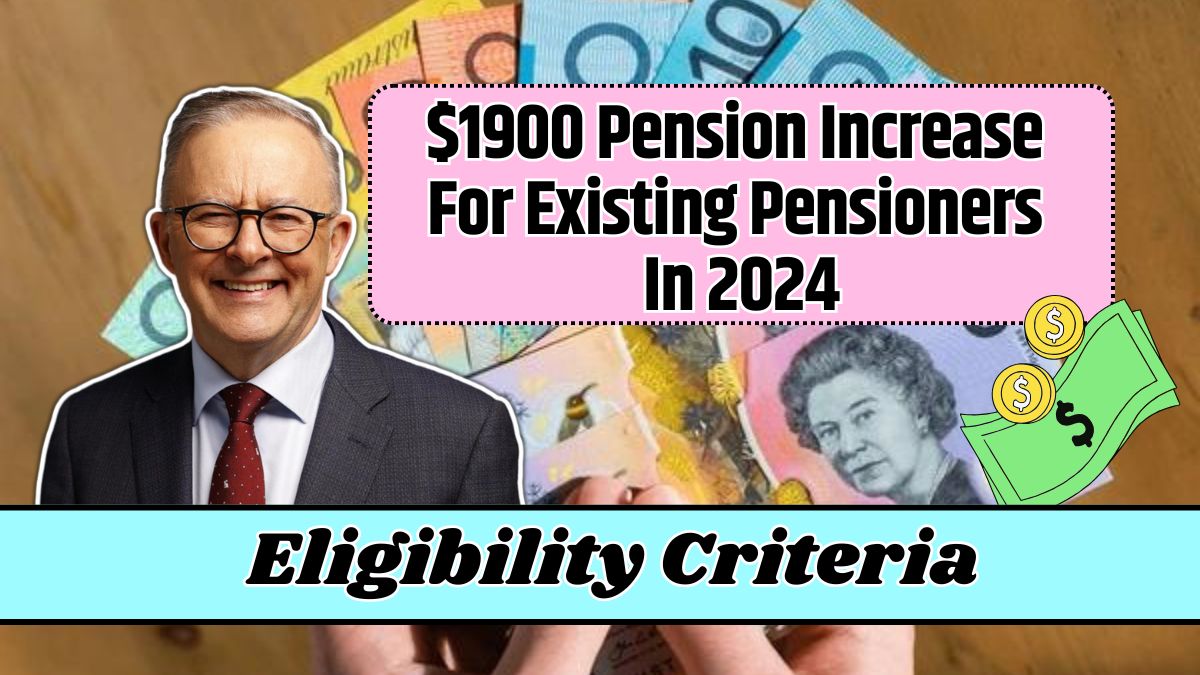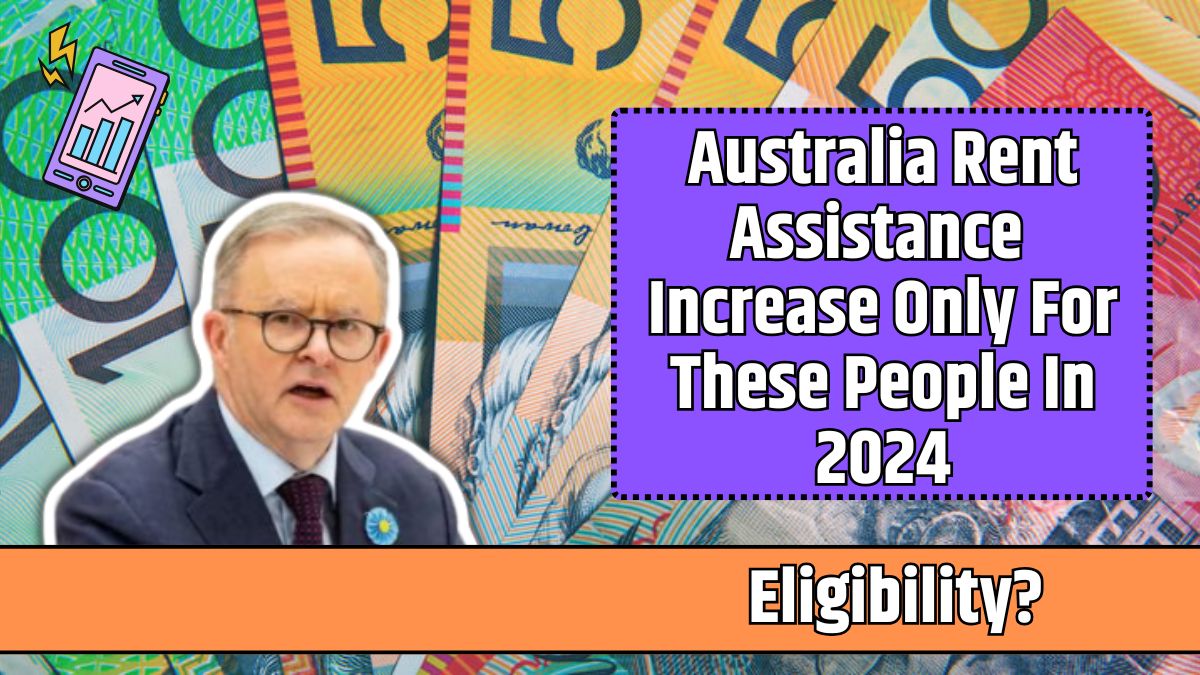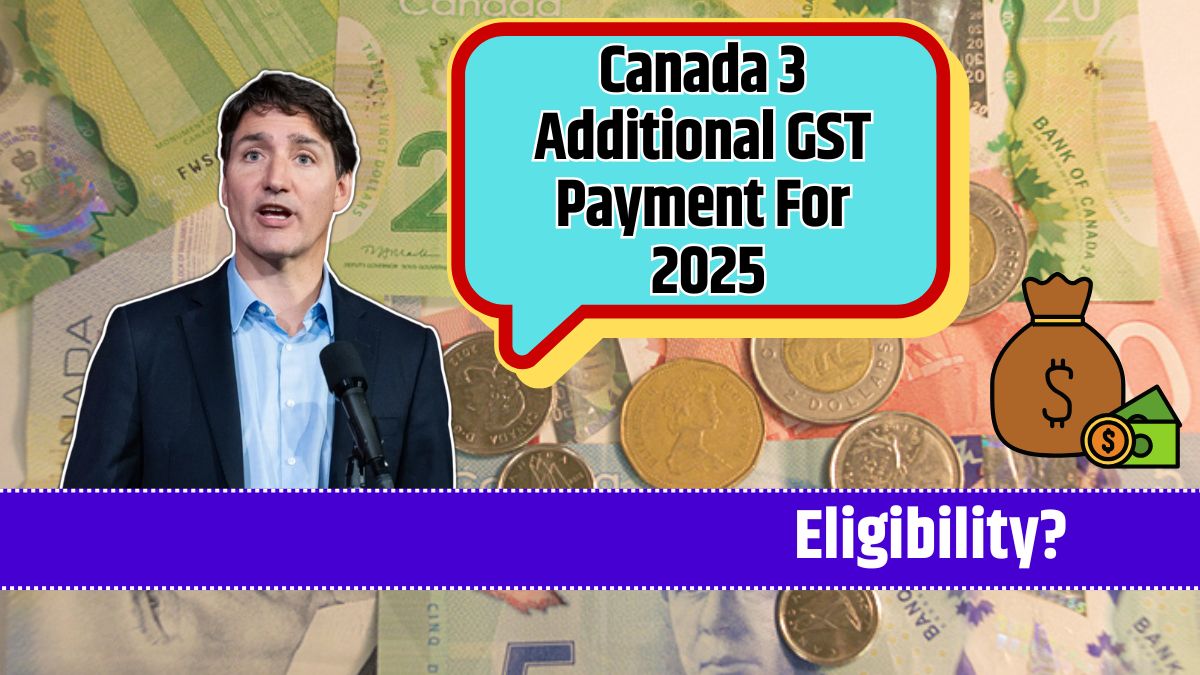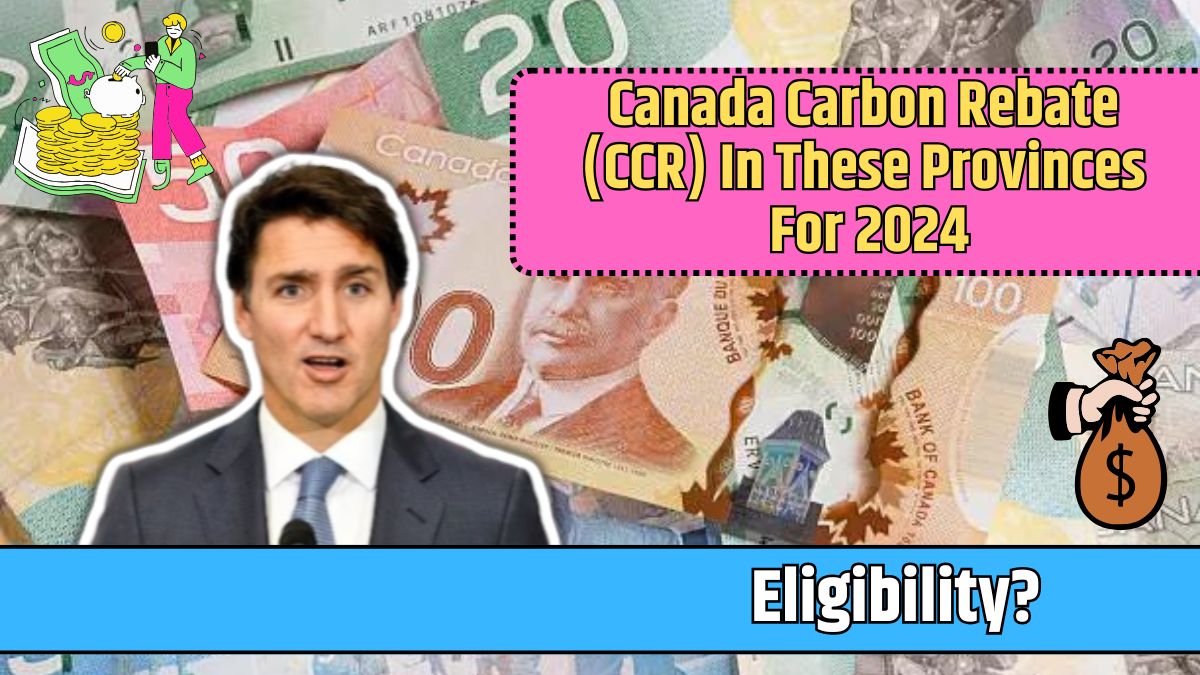The Department for Work and Pensions (DWP) has faced growing public pressure to increase its long-standing £10 Christmas Bonus, with a petition advocating for a rise to £165 gaining over 20,600 signatures.
Introduced in 1972, the bonus has remained static for over five decades, despite inflation and rising living costs. While many view the current amount as outdated, the DWP maintains budget constraints make an increase difficult.
Here’s a detailed look at the issue, why an increase is being demanded, and what the current bonus entails.
Background
What Is the Christmas Bonus?
The DWP Christmas Bonus is a tax-free, £10 payment issued annually to individuals receiving certain benefits, such as the State Pension or Personal Independence Payment (PIP). It’s typically paid automatically during the first week of December and appears as “DWP XB” on bank statements.
Initially introduced as a holiday relief measure in the early 1970s, the bonus aimed to provide meaningful financial support during the festive season. At the time, £10 covered a significant portion of holiday expenses, but today, the same amount has lost its value due to inflation.
Inflation’s Impact
In 1972, £10 could buy groceries for an entire household. Today, the equivalent value is approximately £114.75, based on inflation rates. Advocates for an increase argue that adjusting the bonus to £165 would align it with current economic realities and restore its relevance for recipients.
Why the Call for an Increase?
1. Loss of Real Value
The unchanged £10 bonus no longer fulfills its original purpose. Advocates say it fails to make a meaningful difference for recipients, many of whom live on fixed incomes.
2. Rising Living Costs
The cost of essentials like food, heating, and housing has soared, especially during the winter months. Vulnerable groups, including retirees and individuals with disabilities, are disproportionately affected by these increases.
3. Holiday Financial Strain
The holiday season often brings additional expenses for food, gifts, and utilities. Increasing the bonus could alleviate some of these pressures, particularly for those who rely on benefits for day-to-day survival.
DWP’s Position
Despite widespread support for an increase, the DWP has no current plans to adjust the amount. Citing budget constraints, officials argue that funds are already allocated across various programs to support vulnerable groups.
Adjustments to Other Benefits
While the State Pension, Universal Credit, and PIP undergo periodic reviews to align with inflation, the Christmas Bonus remains static. The DWP continues to emphasize that eligible recipients will receive the bonus automatically in December, ensuring no additional applications are required.
Eligibility Criteria
To qualify for the Christmas Bonus, individuals must:
- Be receiving at least one eligible benefit during the first full week of December (the qualifying week).
- Reside in the UK, Channel Islands, Isle of Man, or Gibraltar during this period.
Eligible Benefits
Examples of qualifying benefits include:
- State Pension
- Personal Independence Payment (PIP)
- Carer’s Allowance
- Disability Living Allowance (DLA)
- Attendance Allowance
- Employment and Support Allowance (ESA)
- Other DWP benefits, such as Widow’s Pension or War Widow’s Pension
What an Increased Bonus Could Achieve
If raised to £165, the Christmas Bonus could offer more substantial assistance to beneficiaries. This increase could support:
- Holiday Food: Covering essentials for festive meals.
- Modest Gifts: Helping with presents for family or friends.
- Utility Bills: Easing the burden of heating costs during winter.
While £165 wouldn’t resolve all financial challenges, it would provide meaningful relief, aligning the bonus with its original intent.
Will the Bonus Increase?
For now, the Christmas Bonus will remain at £10, with payments scheduled for December 2024. Despite strong public support and a growing petition, the DWP has emphasized that financial constraints prevent an immediate increase.
Beneficiaries are encouraged to check their eligibility and watch for updates from the DWP or advocacy groups pushing for further reforms.

